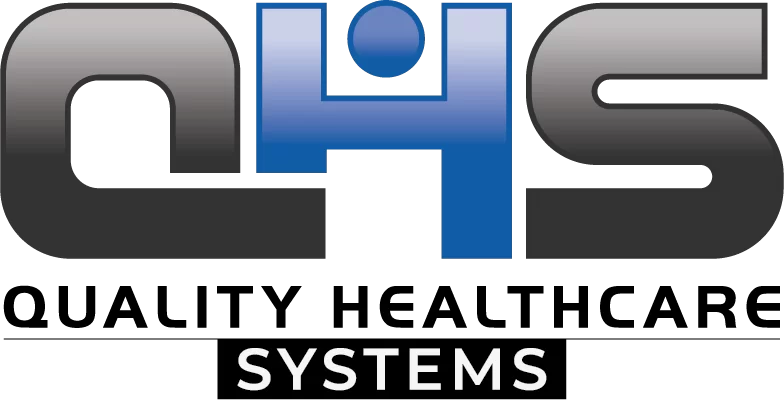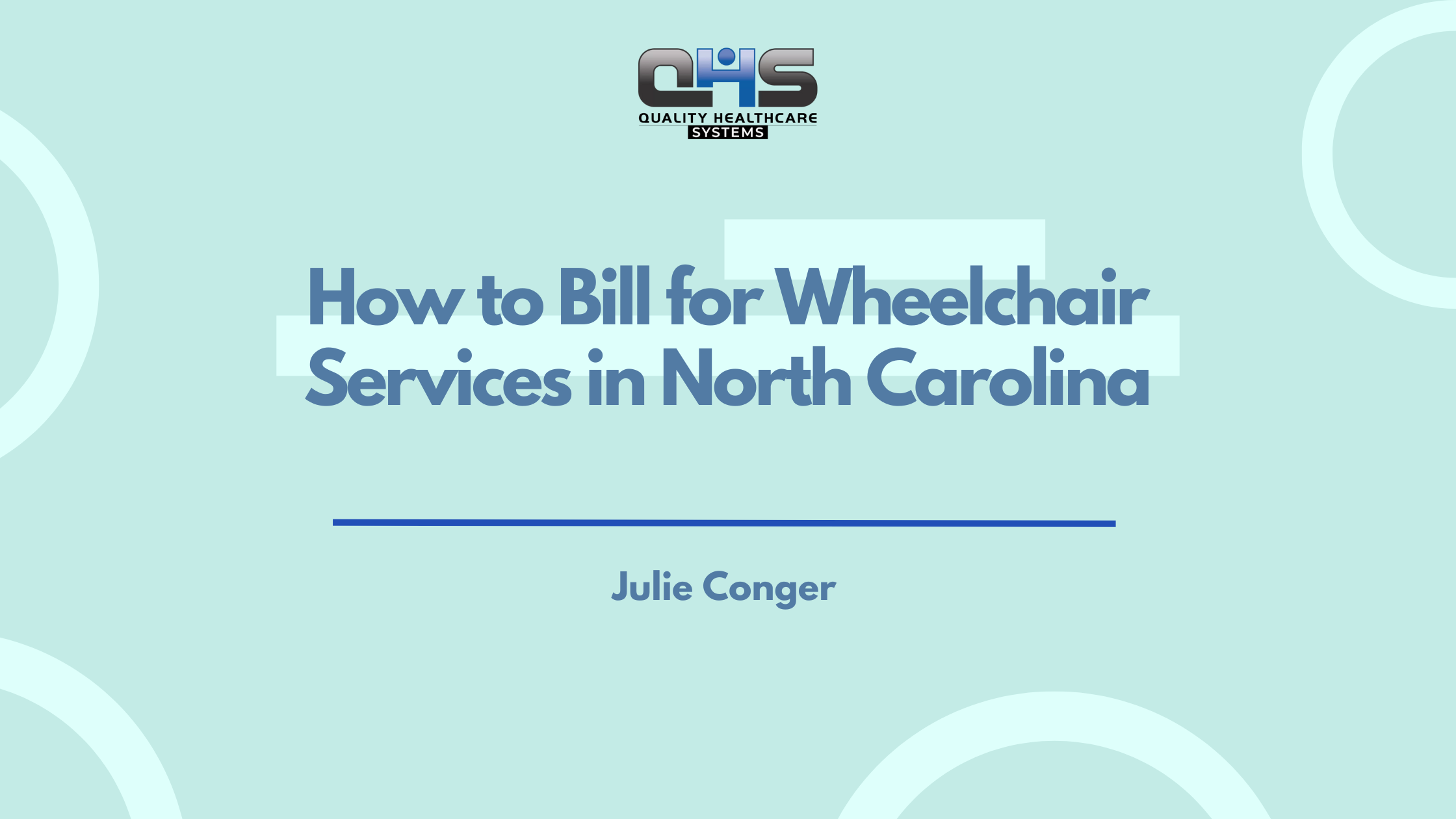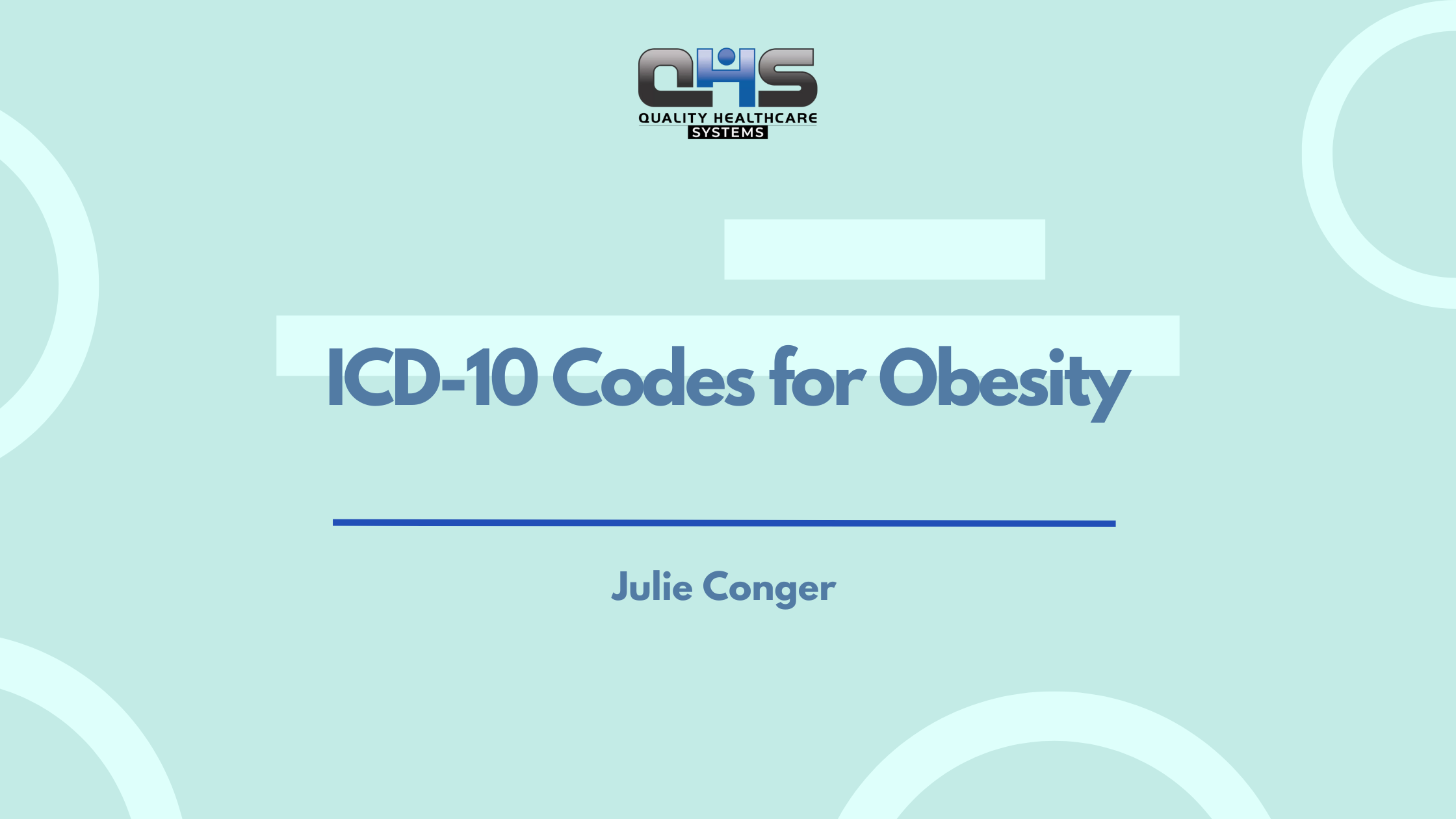In today’s healthcare landscape, empowering patients with knowledge is more critical than ever. Patient education goes beyond sharing information—it transforms how patients engage with their health, manage conditions, and interact with providers. It’s a vital tool for improving patient outcomes, building trust, and fostering a more efficient and effective healthcare system.
What is Patient Education?
Patient education refers to the process of equipping patients with the knowledge and tools they need to make informed decisions about their health. This can include teaching patients about their conditions, treatments, lifestyle changes, and preventive measures. The goal is to help patients understand their role in managing their health and improve their confidence in doing so.
5 Reasons Why Educating Patients is Important
1. Improves Patient Outcomes
Educated patients are more likely to adhere to treatment plans, manage chronic conditions effectively, and make informed decisions about their care. When patients understand their diagnoses and treatment options, they are empowered to take proactive steps in their health journey.
Example:
A patient with hypertension who learns about the importance of reducing sodium intake and regular exercise is more likely to control their blood pressure, reducing the risk of complications.
Actionable Tip:
Offer easy-to-understand materials, such as videos or brochures, explaining complex medical terms and treatment procedures.
2. Builds Trust Between Patients and Providers
Clear and transparent communication fosters trust and enhances the patient-provider relationship. Patients who feel informed are more likely to trust their provider’s recommendations, leading to better compliance and long-term loyalty.
Example:
A patient who is well-informed about an upcoming surgery and its recovery process will approach the procedure with confidence, leading to a smoother experience and trust in the provider.
Actionable Tip:
Create an open environment where patients feel comfortable asking questions about their care plans.
3. Encourages Preventive Care
Educating patients about preventive measures helps them avoid serious health issues and reduces the overall cost of care. Awareness of preventive care options like vaccinations, regular screenings, and healthy lifestyle choices can lead to early detection and intervention.
Example:
A family practice initiated an educational campaign on the importance of routine cancer screenings. Within a year, they saw a 40% increase in patients scheduling preventive appointments, leading to early diagnosis and better outcomes.
Actionable Tip:
Develop educational campaigns that emphasize the importance of regular checkups, immunizations, and screenings.
4. Reduces Anxiety and Improves Patient Satisfaction
Healthcare processes can often feel overwhelming or intimidating for patients. Providing clear explanations about procedures, treatments, and expectations helps to alleviate anxiety and improve satisfaction.
Example:
A patient undergoing chemotherapy reported reduced anxiety after their provider walked them through the entire treatment process, addressing their fears and expectations step by step. This proactive communication increased their comfort and adherence to the regimen.
Actionable Tip:
Offer written instructions and follow-up materials to ensure patients leave with a clear understanding of their care.
5. Enhances Practice Efficiency
Educated patients require fewer repetitive explanations, freeing up providers to focus on complex cases. They are also less likely to make unnecessary visits, reducing the burden on the healthcare system and ensuring smoother operations.
Example:
A wound care clinic educated patients about proper at-home care techniques. As a result, follow-up visits for complications decreased by 30%, allowing staff to focus on treating new patients more effectively.
Actionable Tip:
Implement digital resources like patient portals with FAQs to address common concerns and streamline communication.
Conclusion
Patient education is a cornerstone of effective healthcare delivery. It not only improves patient outcomes and satisfaction but also fosters trust, encourages preventive care, and enhances operational efficiency. By investing in patient education strategies, healthcare providers can empower their patients, reduce costs, and build lasting relationships that benefit both parties.






